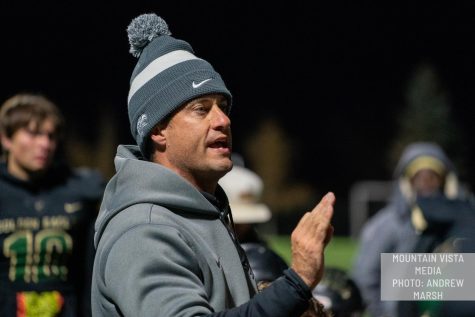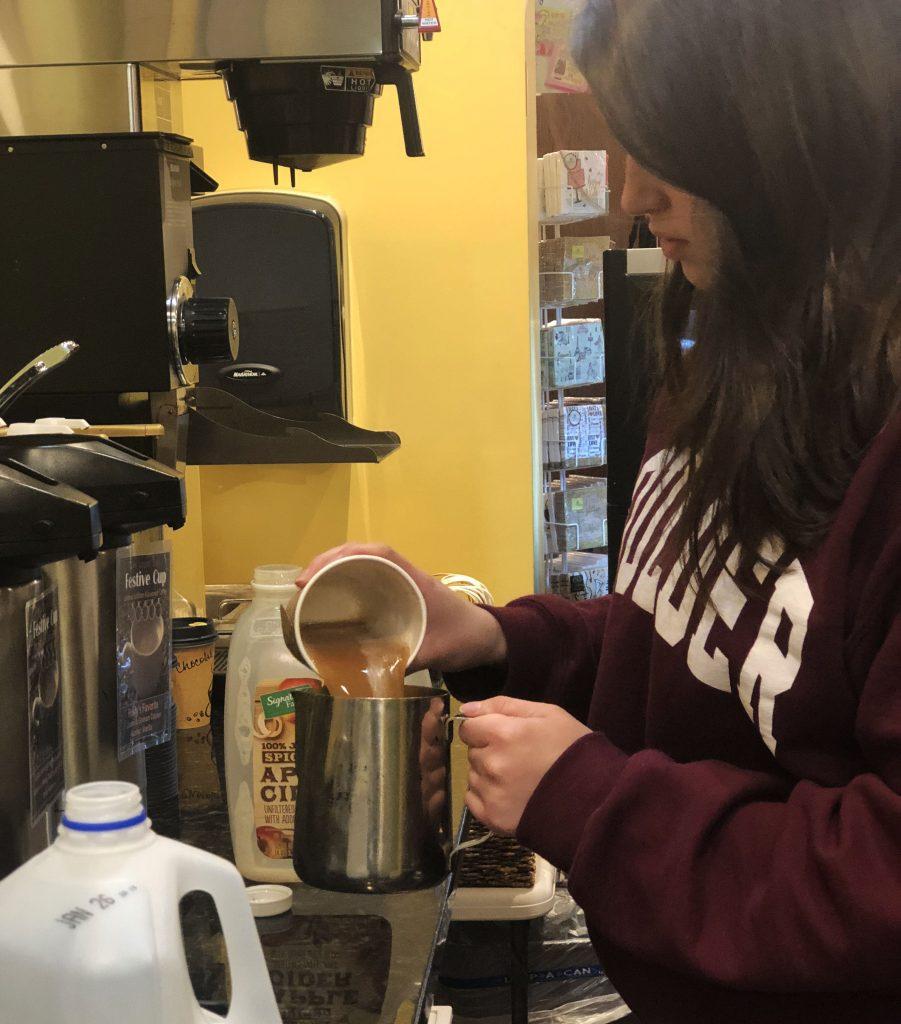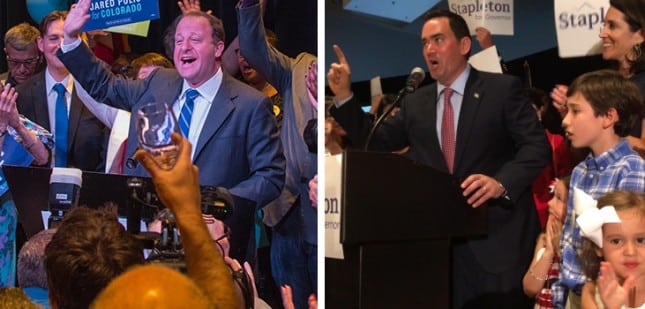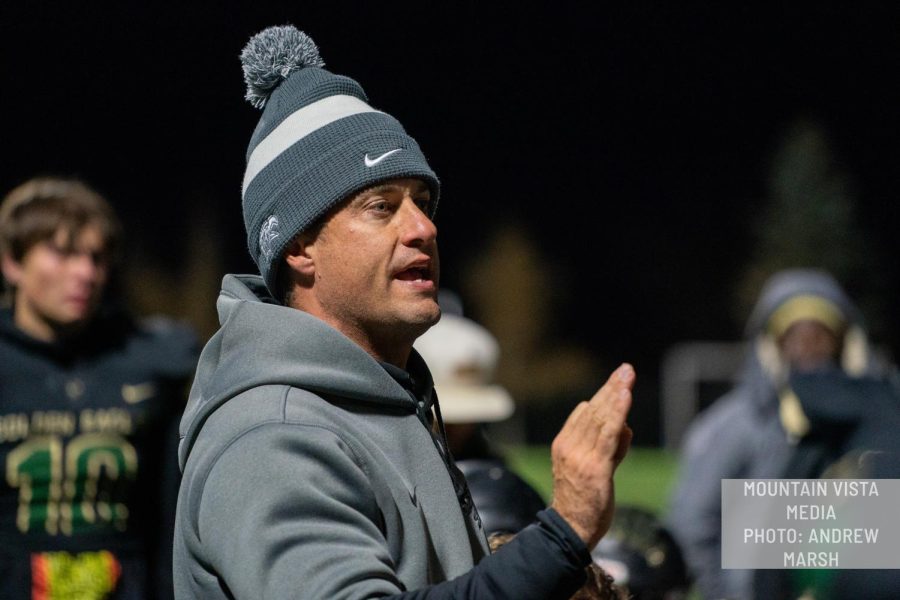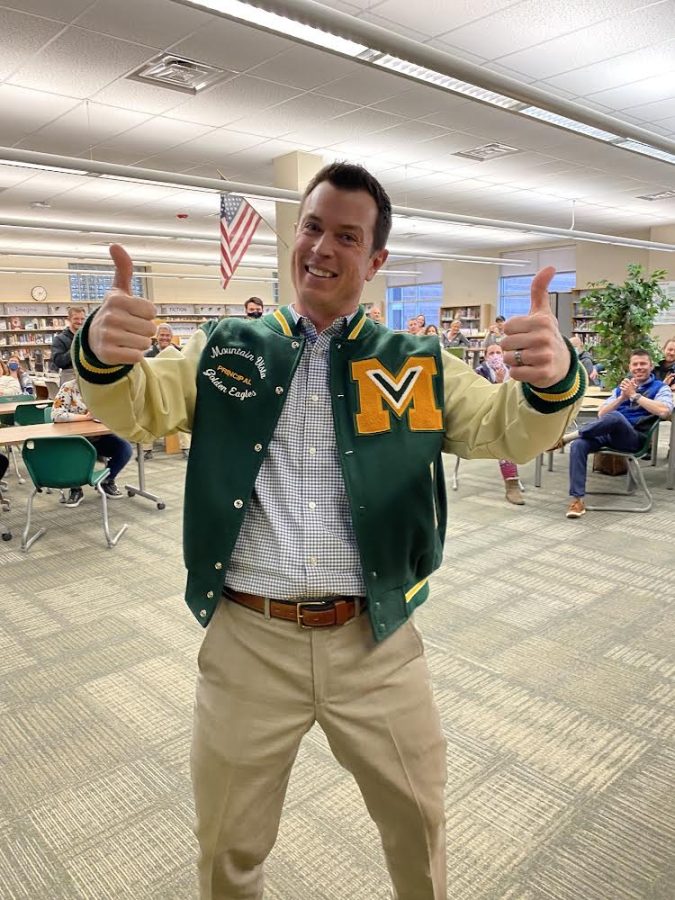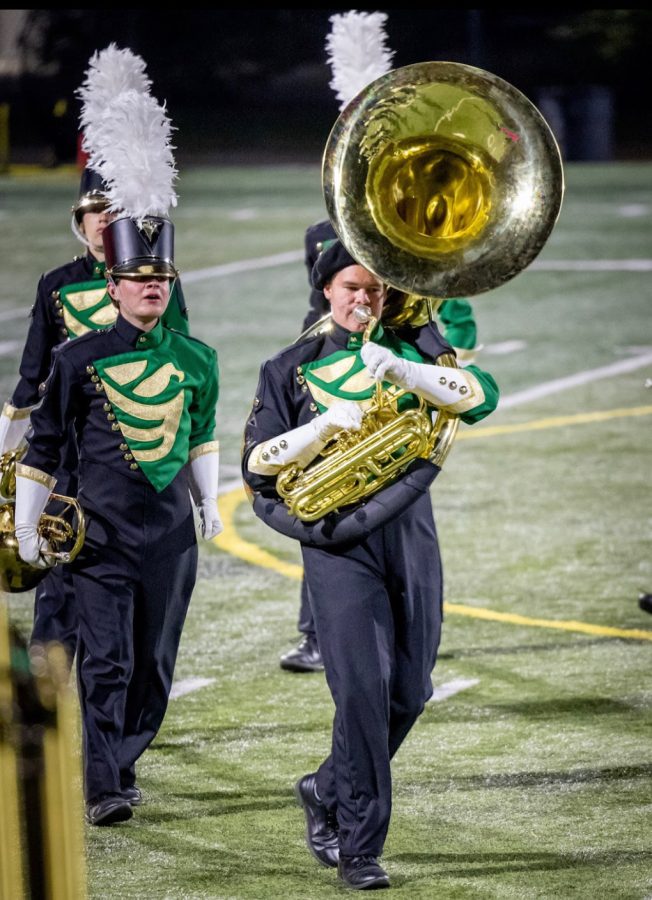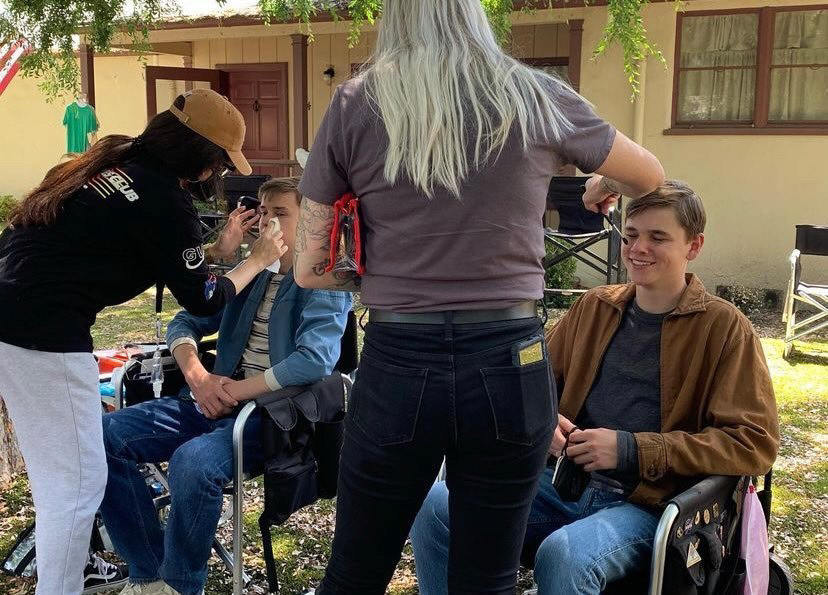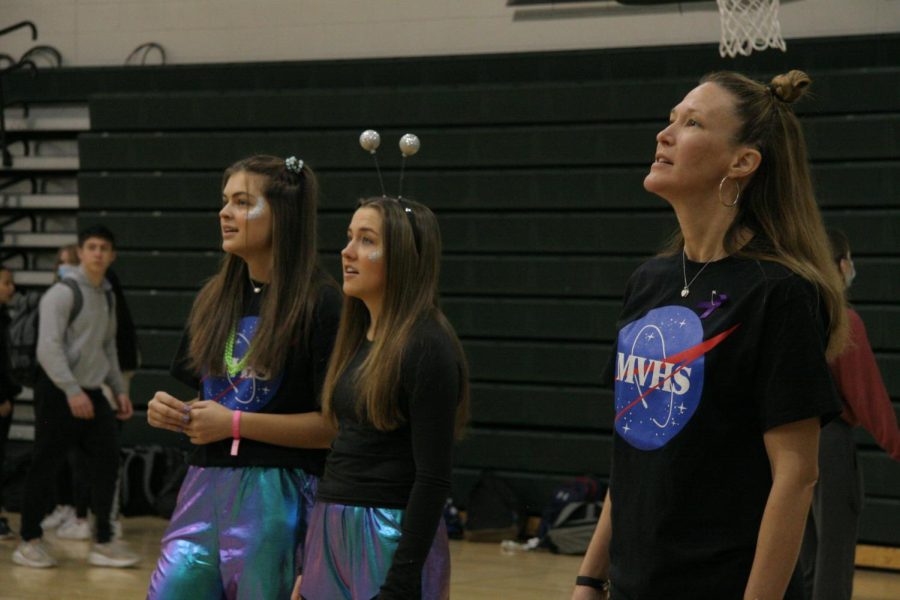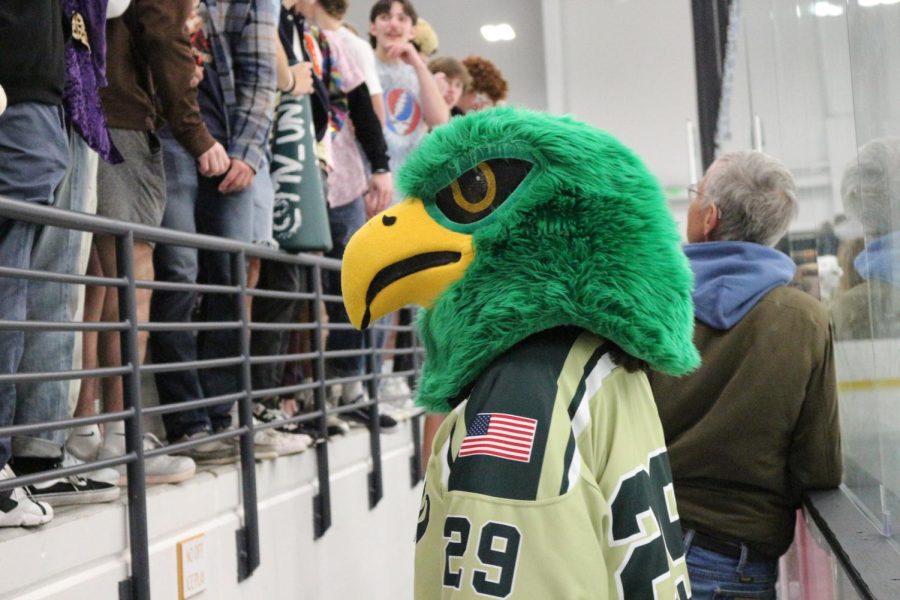Douglas County School District plans to relaunch an altered voucher program after the current program was rejected by the Colorado Supreme Court. Here are some thoughts from three current board members, David Ray, Wendy Vogel and Judith Reynolds. The other four school board members chose not to comment.
Click here for Vista_Now live broadcasts
September 26, 2023
February 7, 2023
Vista Almost Edges Out No. 2 Valor, but All Eyes Are On Round One
November 1, 2022
May 16, 2022
May 16, 2022
May 12, 2022
Interview with Three Board Members Over Revised Voucher Program
April 6, 2016

“I do not agree with vouchers, because we should be funding public schools in Colorado, not private ones, according to the School Finance Act,” Vogel said. “Any program that the district adopts should be made available to all students. Lastly, it is always ok to have different viewpoints and to even be split in decision making (although it can be frustrating), but a director’s right to speak and debate an issue should never be limited.”
The other two board members answered the following questions.
What does the new voucher program that is being relaunched look like?
Ray: It’s a program where an student who is currently enrolled in a DCSD school can request a voucher that amounts to 85% of the current per student funding that our district receives from the State. This voucher can be used towards enrolling in a non-religious private school.
Reynolds: The details of the pilot program for the 2016-17 school year are in this document: http://eboard.dcsdk12.org/
What do you think about the voucher being awarded to any student, not only low-income or special needs?
Ray: I believe it is illegal and deceitful to take funding that was intended to support public schools and have it applied to a private entity. As you suggest in your question, this is not based on need, it is based on a political agenda that wants to blur the lines between public and private education. No other district in our state does this, and neither should ours.
Reynolds: We use public money to educate all students enrolled in public schools, regardless of income or special needs. When the needs of a student are not met in the public school, why should the dollars that were dedicated to the education of that student not follow them to the school of their choice?
As a parent of 3 students in neighborhood schools I find it frustrating that we are more concerned about where someone chooses to get their child educated than whether or not we are best serving the needs of the student. My focus is on providing our students the education that they need. I believe that for most students that can be done in our Douglas County schools – neighborhood, charter, magnet, or alternative. However, some students need or desire a different setting. We, as a community, all benefit from making sure all of our students are receiving an education, regardless of where that student is educated.
How would this money provided by the voucher not help fund religious schools?
Ray: The recent revision that the Board passed in a split 4 – 3 vote specifies that the voucher can not be applied to a religious school. The Supreme Court struck down the previous voucher program because of the concern with it funding religious schools.
Reynolds: The Colorado State Supreme Court has said that because of the Blaine Amendment public money cannot follow a student to a religious school. Religious schools are not eligible to participate in the 2016-17 pilot program.
How does it feel as a board to be split in the decision making process?
Ray: It’s unfortunate, especially given the rushed and non-transparent process that was used to pass this initiative. There has been no community survey to determine if this is even a need nor due diligence done to ensure that this will not invite another lawsuit. It is an unfortunate distraction away from serving the 67,000 students currently enrolled in our system. To approve a program that will take up to $3M away from our public schools is irresponsible and negligent.
Reynolds: I would have personally preferred an unanimous vote in support of students and parents but understand that other Directors have different opinions on this issue.
What schools would be applicable to the program?
Ray: Any non-religious private school in or out of the school district that meets the criteria of a “private school partner.”
Reynolds: Any school that meets the criteria for the program and is interested in participating. At this time the process of becoming a participant school is just beginning.
The next board meeting is April 19th at 7 p.m.
Leave a Comment
More to Discover






